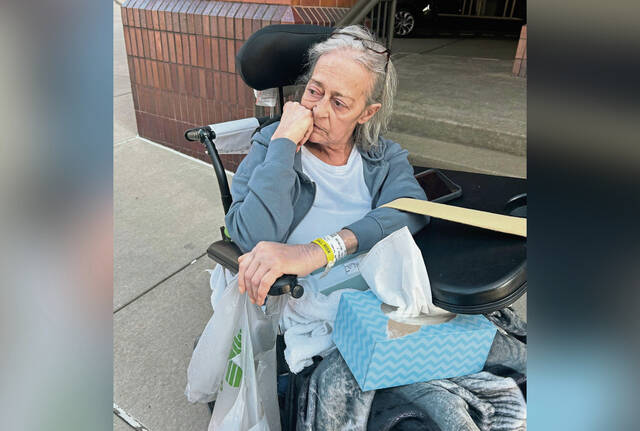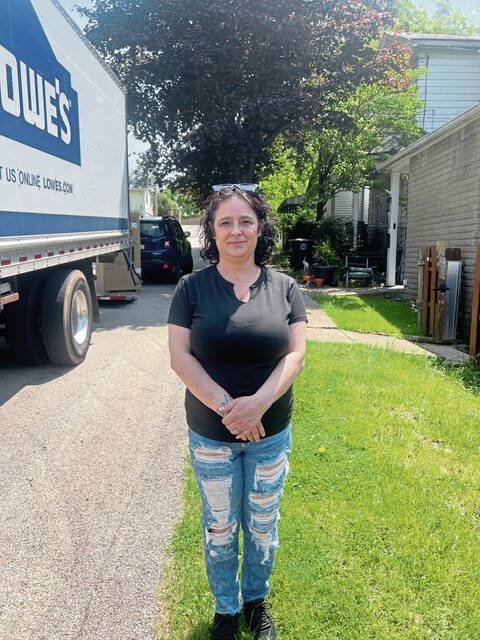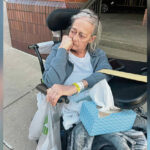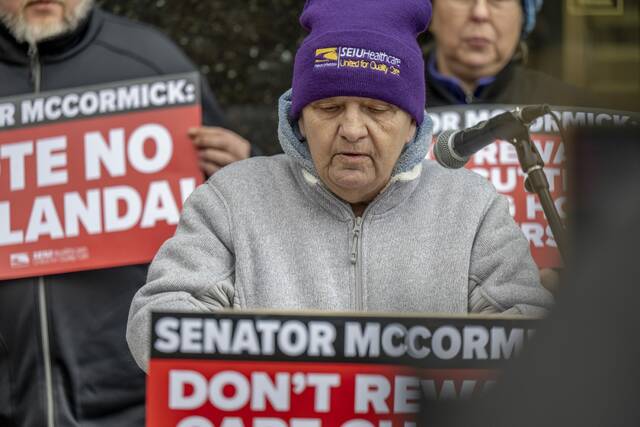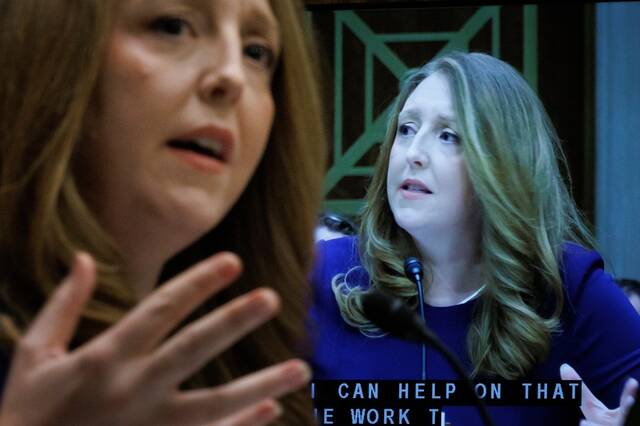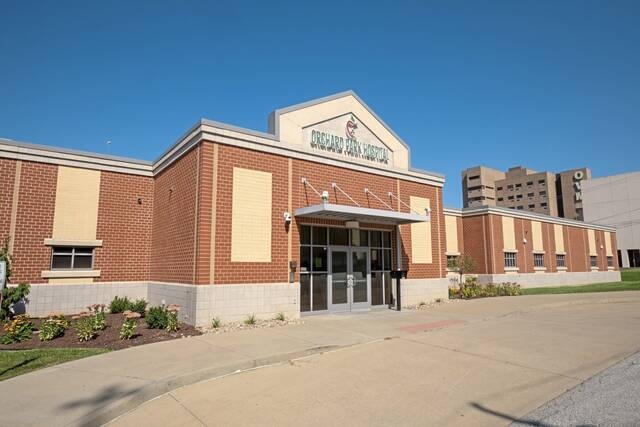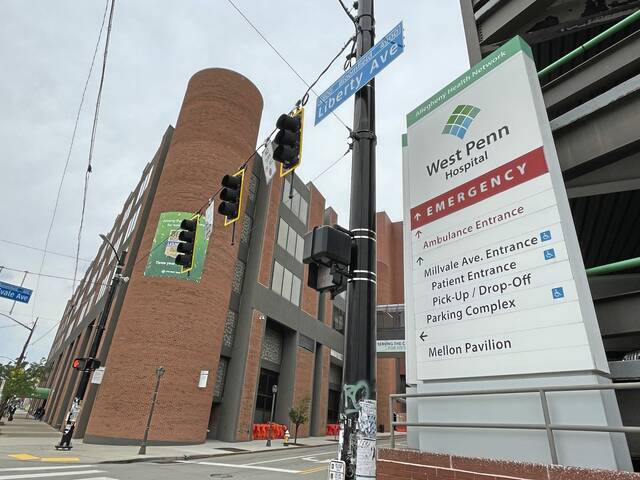Rae Corrado walked into a room at UPMC Mercy hospital expecting to find her mother.
But instead of her mother, Gloria, she came face to face on Friday with a stranger lying in the hospital bed.
A nurse insisted the unknown woman was her mother, Corrado of Oakmont told TribLive. The stranger was wearing a bracelet that identified her by that name, she said.
“I’m thinking I’m going crazy,” Corrado recalled in an interview Tuesday.
The incident has left the family wondering how the mix-up could have happened. It also puts the spotlight on patient safety and hospital-based errors that, experts say, put patients at risk.
UPMC did not respond Tuesday to requests for comment.
Corrado said her 72-year-old mother, who lives in Verona, was recovering from a stroke and subsequent heart surgery. She was being transferred from UPMC Presbyterian hospital to UPMC Mercy Rehab.
The hospitals are less than 2 miles apart.
Corrado said her mother spent hours strapped to a bed while waiting to be transported from UPMC Presbyterian.
Meanwhile, Corrado was in another building, insisting, “That’s not my mom.”
The Corrado family said they do not know who the other woman was.
Hours later, Corrado said her mother arrived safely, and they were reunited.
The Corrados operate Gloria’s Fixations, an alteration shop in Verona.
The Pennsylvania Health Care Cost Containment Council, an independent group that tracks health care costs, quality of care and access to care, does not track patient misidentification incidents, the council’s executive director Barry Buckingham said.
The Patient Safety Authority receives reports from health care facilities about incidents involving patients that cause injury or death or are near misses where no one is harmed but a mistake was made.
Representatives from the authority didn’t immediately respond to requests for comment.
A Pittsburgh-based medical malpractice attorney told TribLive what happened would likely be considered a no-harm, no-foul situation.
“This seems like an unfortunate administrative mix-up,” said Brendan Lupetin of the firm Lupetin & Unatin. “Any time you introduce a human element, there arises a potential for a miscommunication like this.”
Mistakes like the one involving the Corrados are nothing new to the health care system.
A 2008 paper published by the Rand Corp., a think tank that has an office in Pittsburgh’s Oakland neighborhood, termed the issue an identity crisis.
It called for creation of a national health information network that would allow the nation’s health care providers to track patient data and communicate with each other — something that was also mandated by the Health Insurance Portability and Accountability Act.
But the mandate has been opposed by legislators concerned about patient privacy and has yet to be implemented.
Medical mistakes cost billions of dollars each year, according to the World Health Organization.
In addition to mistaken identities, medication errors are a potentially lethal issue.
Medication errors that caused serious harm or death to patients have increased from 166 in 2020 to 294 in 2023, according to data from the Pennsylvania Patient Safety Reporting System.
Rae Corrado says the hospital should have handled the situation differently.
“All they had to do was say, ‘We have her here. … She’ll be there shortly.’ It’s very simple,” she said.
Related:
• Escalating medication errors pose grave risks for Pennsylvania patients• Sewickley Township woman sues AHN over methadone 'poisoning' error



